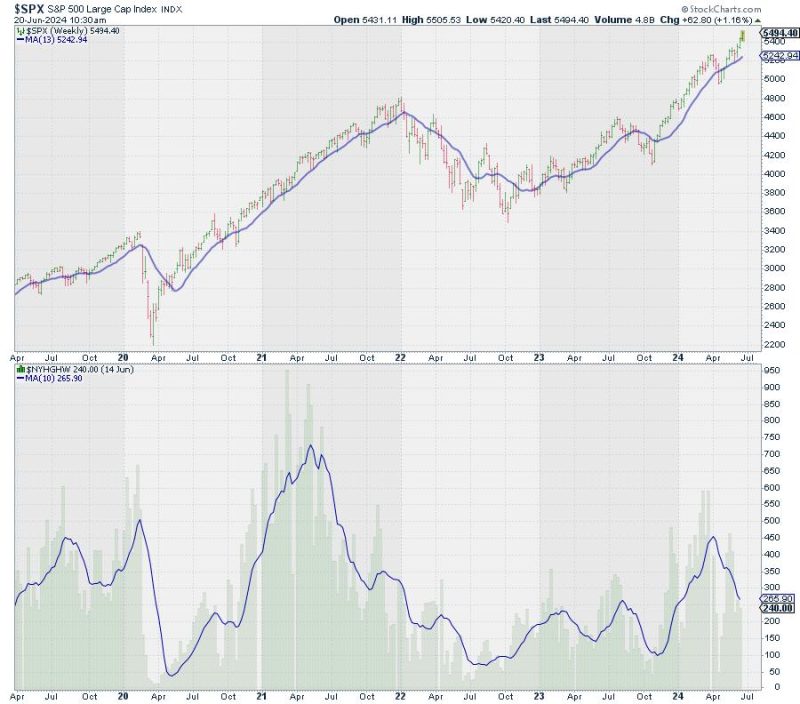Subheading: Understanding the Dynamics of Price in Today’s Market
In the ever-evolving landscape of the market economy, the concept of price plays a significant role in determining the success and sustainability of businesses around the world. From small startups to established corporations, price is a crucial element that often decides the fate of a product or service. However, the question that looms large is – for how long can businesses solely rely on price as a competitive advantage?
**The Impact of Price Wars**
It is crucial to acknowledge the impact of price wars in the business world. Engaging in price wars might seem like a tactical move to attract more customers initially, but it often results in a race to the bottom where profit margins are compromised, and businesses find themselves in a precarious position. When companies engage in a relentless battle of lowering prices, they risk devaluing their products or services, which could have long-term negative consequences.
**Customer Perception and Value**
While price is undoubtedly a key factor in a customer’s decision-making process, it is not the sole determining factor. Customers today are looking beyond just the price tag; they are also evaluating the value proposition offered by businesses. This value proposition encompasses factors such as quality, customer service, brand reputation, and overall experience. An overemphasis on price might lead businesses to overlook the importance of creating a strong value proposition that resonates with their target audience.
**Building Brand Loyalty**
In a competitive market, building brand loyalty is essential for long-term success. While a low price might attract customers initially, it does not guarantee their loyalty. Businesses that focus solely on price might find themselves in a constant cycle of price adjustments to retain customers, leading to a lack of brand loyalty and a diminished reputation in the market. On the other hand, companies that invest in building strong relationships with their customers based on trust, quality, and exceptional service are more likely to create a loyal customer base that is willing to pay a premium for their products or services.
**The Shift Towards Value-Based Pricing**
In recent years, there has been a noticeable shift towards value-based pricing strategies in the business world. Value-based pricing takes into account the perceived value of a product or service by customers and sets prices accordingly. This approach enables businesses to capture the value they provide to customers effectively, rather than engaging in price wars or constant price adjustments. By focusing on the value delivered and aligning prices with this value, businesses can build sustainable pricing models that cater to the needs and preferences of their target market.
**Conclusion**
Price undoubtedly plays a crucial role in shaping the competitive landscape of businesses today. However, it is essential for companies to move beyond a price-centric approach and focus on building strong value propositions, fostering brand loyalty, and adopting value-based pricing strategies. By prioritizing value over price, businesses can create long-term relationships with customers, differentiate themselves in the market, and secure their position in an ever-changing business environment.

